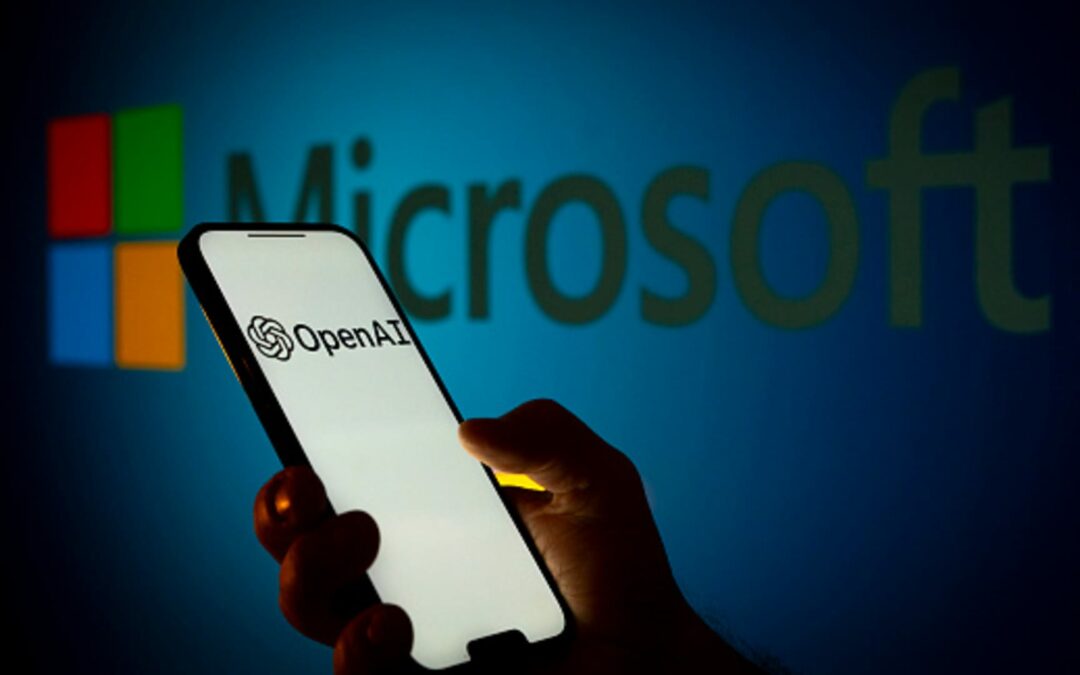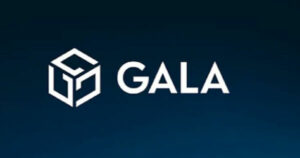Jaap Arriens | Nurphoto | Getty Images
Microsoft said that it would give up its observer seat on the OpenAI board amid regulatory scrutiny into generative artificial intelligence in Europe and the U.S.
Microsoft’s Deputy General Counsel Keith Dolliver wrote a letter to OpenAI late on Tuesday, saying that the position had provided insights into the board’s activities without compromising its independence.
But the letter, seen by CNBC, added that the seat was no longer needed as Microsoft had “witnessed significant progress from the newly formed board.” CNBC has reached out to Microsoft and OpenAI for comment.
The European Commission previously said Microsoft could face an antitrust investigation, as it looked at the markets for virtual worlds and generative artificial intelligence.
The Commission, which is the executive arm of the EU, said in January that it is “looking into some of the agreements that have been concluded between large digital market players and generative AI developers and providers” and singled out the Microsoft-OpenAI tie-up as a particular deal that it will be studying.
The EU has since concluded the observer seat did not change OpenAI’s independence, but the bloc’s regulators are seeking additional third-party views on the deal. Britain’s Competition and Markets Authority still has concerns.
Microsoft took a nonvoting board seat at OpenAI back in November in a bid to quell some of the questions about Microsoft’s interest in the startup, following a turbulent period during which OpenAI CEO Sam Altman was fired, then promptly rehired.
Altman said in a note to staff at the time that OpenAI “clearly made the right choice to partner with Microsoft and I’m excited that our new board will include them as a non-voting observer.”
OpenAI emerged as one of the hottest startups globally after releasing its ChatGPT chatbot in late 2022. The tech allows users to input simple text queries and retrieve smart and creative answers that can lead to more in-depth conversations.
Microsoft has plowed billions of dollars into the startup, with its total investment to date reportedly swelling to $13 billion. The tech giant has effectively become the leader in the push toward foundation AI models given its investment in and partnership with OpenAI.







